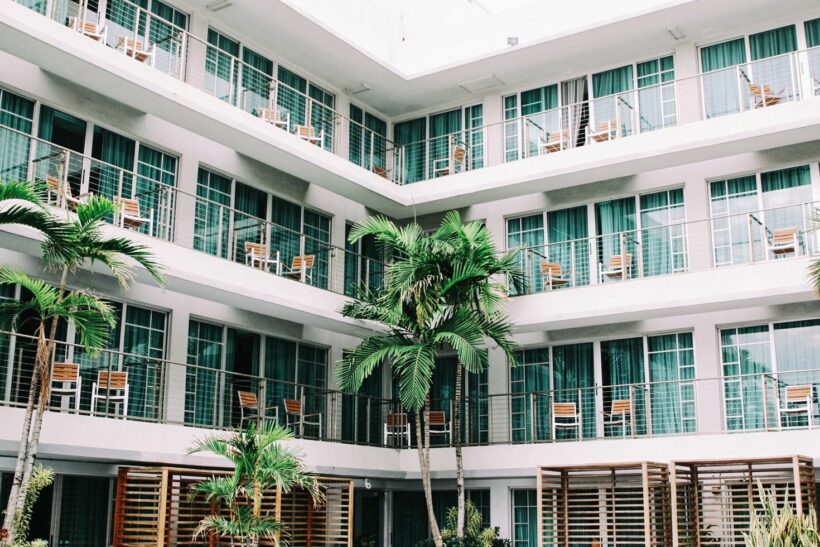Nearly 1,000 hotels in Phuket are currently considered “illegal”

NB: The photo of this property bears no resemblance to the content of the following story.
Phuket is home to 994 small hotels which are facing closure as a result of their unauthorised use on public property. The building control laws were discovered to have been broken by about 53% of the investigated properties. Environmental laws were found to be the most common law broken by the hotels.
According to the Deputy Phuket governor, several unlicensed hotels had been built in areas that were restricted, such as agricultural land areas, zones listed in ministerial guidelines on city planning, and national park areas. A few were discovered to have violated the Building Control Act.
Only 91 of the 994 small hotels, that need to be renovated or upgraded, have completed the necessary work. About 6% of hotels had their qualifications for state welfare and loans revoked because they had been found in violation of hotel and city planning laws.
Hotels that are larger than 4,000 square metres, or have more than 80 rooms, are required to complete an environmental impact assessment.
Some investors had bought condominiums to convert them into hotels, and the province asked for help from the Land Department of the Interior Ministry. However, according to the law, before such a property can be converted into a hotel, the property must first remove any registrations for condominiums or residential estates.
The Department of Provincial Administration, which handles the enforcement of laws relating to hotels, is making an effort to help those affected and other hotels in other provinces.
The National Council for Peace and Order (NCPO), which was the original quasi-government body established after the 2014 military coup (disbanded in 2019), never passed such a law, making it impossible for hotels to request government assistance, therefore the hotel laws could not give the extension. They suffered a penalty, which created liquidity problems.
SOURCE: Bangkok Post
Latest Thailand News
Follow The Thaiger on Google News:


























